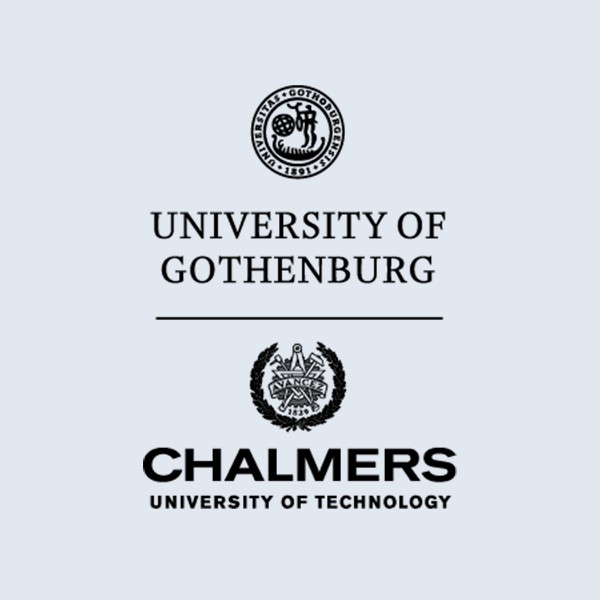We conduct research on Bayesian inference, developing its methodological, computational, and applied aspects.
Special topics of interest are: Monte Carlo methods including Markov chain Monte Carlo and sequential Monte Carlo (particle filters); likelihood-free methods for models with intractable likelihoods (such as approximate Bayesian computation aka ABC); the role of improper priors; scalable methods for large spatio-temporal models.
Application areas include: modelling of protein folding data; tumour growth in mice; modelling of virus capsid assembly, forensic statistics, stochastic models for shape deformations, FitzHugh-Nagumo modelling in neuro science, ice core data.
Seminars
We have regularly speakers at the Statistics Seminar.
